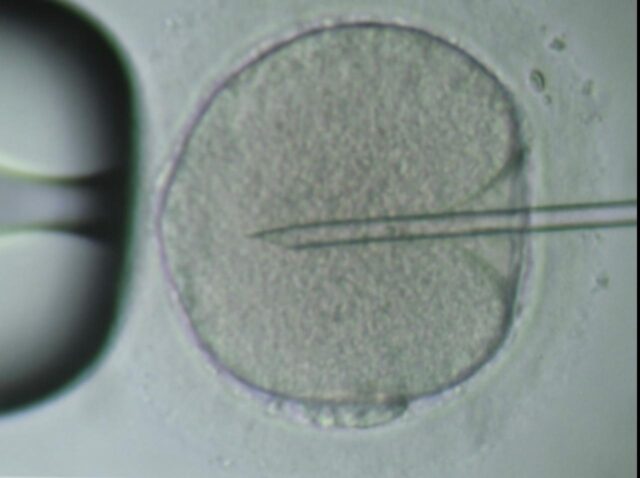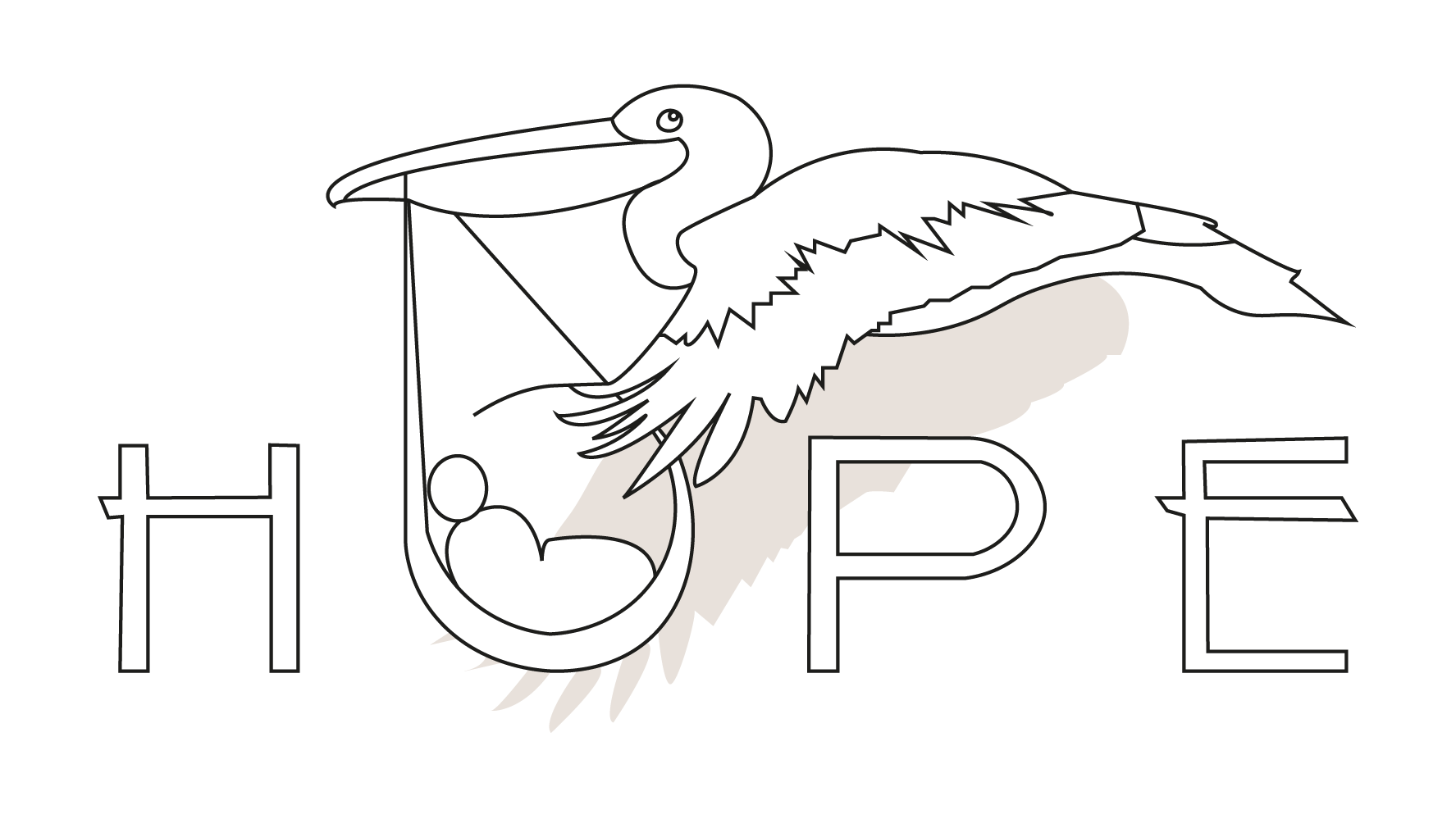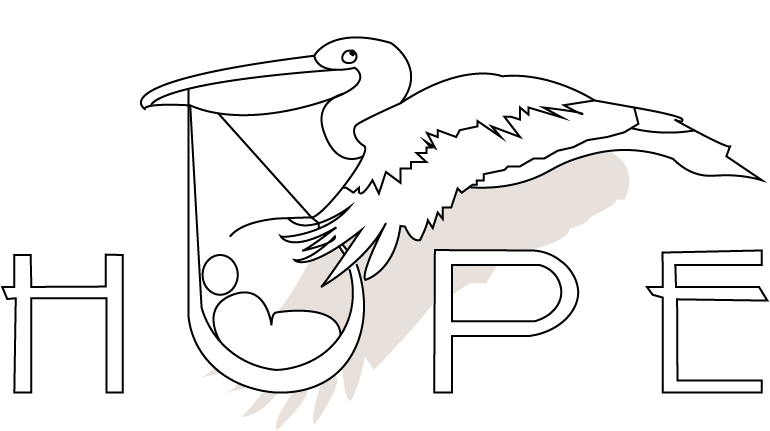Intracytoplasmic Sperm Injection (ICSI) is an assisted reproductive technique used in cases of severe male infertility or when other fertility treatments have failed. It involves the direct injection of a single sperm cell into an egg to facilitate fertilization.
When is ICSI treatment recommended?
- Severe Male Infertility: ICSI is often employed when there are severe male fertility problems, including low sperm count, poor sperm motility, or abnormal sperm morphology. It allows for the direct injection of a single sperm into an egg to overcome these challenges.
- Previous Fertilization Failures: If a couple has undergone traditional IVF cycles with failed fertilization, ICSI may be suggested to enhance the chances of successful fertilization by directly injecting a sperm into the egg.
- Unexplained Infertility: In some cases of unexplained infertility, where the cause of the fertility issues is not clear, ICSI may be recommended to bypass potential barriers to natural fertilization.
- Sperm Retrieval Techniques: ICSI is commonly used when sperm needs to be retrieved directly from the testicles or epididymis due to conditions such as obstructive azoospermia, where sperm is produced but cannot be ejaculated.
- Frozen Sperm: ICSI can be utilized when working with frozen sperm samples.
- Genetic Concerns: In cases where there are concerns about genetic abnormalities or if the male partner has a history of passing on genetic disorders, ICSI may be used in conjunction with preimplantation genetic testing (PGT) to select embryos free of specific genetic conditions.
- Advanced Maternal Age: In situations where the woman is of advanced maternal age or has experienced repeated IVF failures, ICSI may be recommended to improve the chances of fertilization and subsequent embryo development.

Intracytoplasmic Sperm Injection Process
The process involved in ICSI is the same as IVF in terms of Ovulation Stimulation, Egg Retrieval and embryo transfer. (Refer to section IVF for more details)
The difference between ICSI and IVF Procedures is in the laboratory. In ICSI, a specialized microscope and tiny instruments are used to select a single sperm and inject it directly into the cytoplasm of an individual egg. Unlike the IVF, where the egg and the sperm are combined in a dish for spontaneous fertilization. ICSI has been successful in helping many couples achieve pregnancy in cases where traditional methods may not have been effective.







